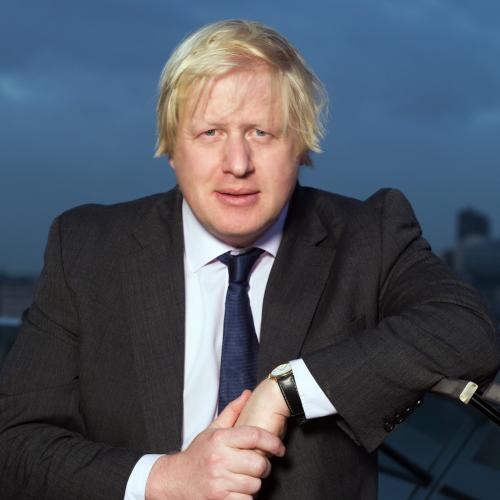Richard Holden – 2022 Statement on Anti-Fouling on Merchant Shipping
The statement made by Richard Holden, the Parliamentary Under-Secretary of State for Transport, in the House of Commons on 7 November 2022.
I beg to move,
That the Committee has considered the draft Merchant Shipping (Control of Harmful Anti-Fouling Systems on Ships) Order 2022.
It is a pleasure to serve under your chairmanship, Mrs Murray, in my first statutory instrument debate. The purpose of this order is to give the Government the powers that we need to implement in UK law amendments to the International Maritime Organisation’s 2001 convention on the control of harmful anti-fouling systems on ships, which I shall now refer to as the convention. The order relies on powers under section 128(1)(e) of the Merchant Shipping Act 1995. The draft order was laid before the House on 17 October this year. If approved, the powers in the order will be used to make a new statutory instrument next year to implement the convention amendments. The order will also allow the convention to be entirely re-implementable in regulations should that be necessary.
Before continuing, I would like to give a small amount of background about what the Government have done regarding the convention and to outline the Government’s reasons for wanting to implement amendments to it. In doing so, I remind hon. Members that our purpose here today is to discuss the use of this order as a mechanism to provide the powers for implementation of the amendments to the convention, rather than to discuss the detail and implementation of the convention itself.
The convention entered into force internationally on 17 September 2008, and the UK acceded to it in 2010. It aims to protect the marine environment and human health from the adverse effects of anti-fouling systems used by ships. An anti-fouling system is a coating, paint or surface treatment used by a ship to control or prevent the attachment of unwanted organisms to the ship’s hull. The convention addresses the harmful impacts of anti-fouling systems by prohibiting the use of certain substances in those systems. In 2021, the IMO adopted amendments to the convention to prohibit the use of a new compound in anti-fouling systems, and those will come into force on 1 January 2023.
As the convention took effect 14 years ago, hon. Members may ask why we are now seeking powers to implement amendments to it. The reason is that the convention was implemented in the UK through a combination of a European Community regulation and the Merchant Shipping (Anti-Fouling Systems) Regulations 2009, but both instruments derive from EU powers and now comprise EU retained law. Consequently, implementing the convention amendments through the instruments would now require primary legislation. Therefore, to implement the amendments more efficiently in UK law, we will need to introduce an Order in Council to provide the powers required for this purpose.
The Government consider implementation of the convention amendments in UK law an important step to ensure that the United Kingdom continues to comply with its international obligations and that our waters continue to be protected from the use of prohibited substances in the anti-fouling systems of visiting ships. The convention and its subsequent amendments were negotiated at the IMO by representatives of the Government, the shipping industry, and environmental interest groups. The Maritime and Coastguard Agency played an active role in negotiations at the IMO throughout the development of the convention and its amendments.
The Government’s proposals for implementing the amendments to the convention by way of a new statutory instrument will be the subject of public consultation. The MCA will refine its proposals on the basis of any comments received. The amendments to the convention cannot be efficiently implemented into UK law unless the Government have the powers to do so. The draft order provides those powers.
I will provide some information about the power we are relying on to make the draft instrument and, in turn, to implement the amendments to the convention. Section 128(1)(e) of the 1995 Act provides that His Majesty may by Order in Council make such provision as he considers appropriate for the purpose of implementing any international agreement that has been ratified by the United Kingdom and relates to the prevention, reduction or control of pollution of the sea or other waters by matter from ships.
The draft order will authorise the making of regulations by the Secretary of State to give effect to the convention, including amendments to it. Section 128 only allows for an order to be made in respect of a convention that has been ratified by the United Kingdom, which has acceded to the convention. To ensure that the United Kingdom can fulfil its international obligations, the amendments to the convention must be implemented. To ensure that the United Kingdom’s domestic law implements its international obligations, the Government intend that the United Kingdom will submit the draft order to the Privy Council. That will ensure that the regulations can be made.
I have highlighted the importance of the Order in Council so that we can implement the amendments to this important convention for the environmental protection of our seas and waterways. The draft order is intended to ensure that the Government have the powers to implement the convention amendments into domestic law. It is fully supported by the UK Government. I therefore propose that the order be approved. It will enable the United Kingdom to play its part in protecting the biodiversity of our oceans and seas.


